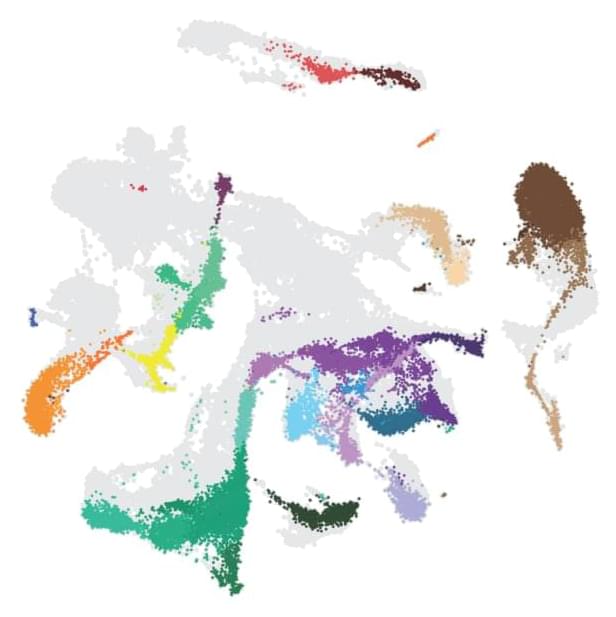Astronomy was born when early scientists peered into the sky with their naked eyes and recorded what they could see above them. Then, the invention of the telescope brought forth new insights. And today, astronomers conduct their studies from big observatories and launch sophisticated telescopes into space for a much more in-depth look.
Now, a similar evolution is occurring in biology as scientists develop new techniques for taking a closer look at cells—the basic living units of organs. The origins of cell biology date back to 1,665 when Robert Hooke was the first to look at a cell under a simple compound microscope. But while the development of more powerful microscopes such as the scanning electron microscope has allowed scientists to take a peek at molecules smaller than a billionth of a meter, until recently they have never had the ability to look at the molecular profile of a single cell.
Yale researchers across disciplines are using single cell technologies to profile various kinds of cells that exist together in both healthy and diseased organs and create the most detailed blueprints of diseases to date, as well as to better understand how various cells develop over time and interact with one another. Through creating these “cell atlases” of organs throughout the body, they hope to shed light on the mechanisms of a wide variety of diseases and biological development.
